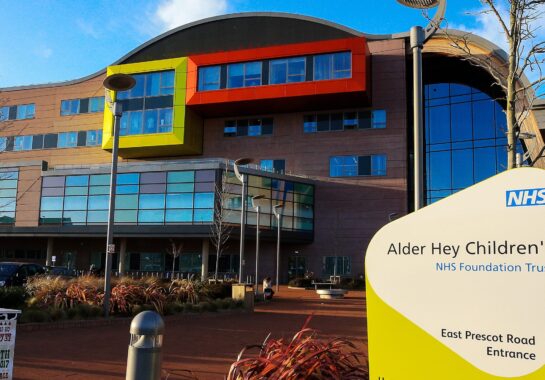
NHS
Plans for the former Royal Liverpool University Hospital have been revealed
2 years ago
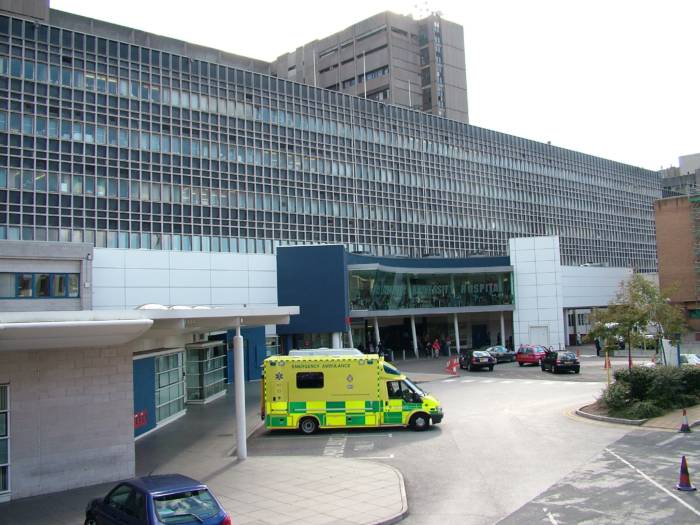
The facility would house the University’s medical, dental, nursing and allied health professional students, enabling new opportunities
Senior leaders from the University of Liverpool and Liverpool University Hospitals NHS Foundation Trust (LUHFT) have signed a memorandum of understanding (MoU) to advance plans for an Academic Health Sciences Campus on the site of the former Royal Liverpool University Hospital.
The MoU will build on a long-standing collaboration between these Liverpool City Region anchor institutions, for the benefit of patients, students and the people of the region. In partnership with North West NHS trusts providing placements to Liverpool students, it will also help to answer challenges laid out in the recently published NHS Workforce Plan, the biggest recruitment drive in health service history
It will support the continued growth of Liverpool’s Knowledge Quarter, creating jobs and seeking to attract investment in this world-leading innovation district which brings together the city region’s key partners to collaborate in a creative environment and close the economic gap with London and the South East.
The facility, at the site of the former Royal Liverpool University Hospital, would house the University’s medical, dental, nursing and allied health professional students, enabling new opportunities for interprofessional learning, thereby enhancing students’ clinical understanding and professional development within the context of a clinical team.
It would also feature flexible teaching spaces, clinical teaching facilities and simulation facilities, such as mock wards and patient homes, supported by state-of-the-art IT to train students to be part of a workforce that will increasingly use robotics, artificial intelligence and data. As part of our Health Innovation LiverpooL (HILL) programme, it would also provide vital clinical research space for health professionals seeking to address regional and global healthcare challenges.
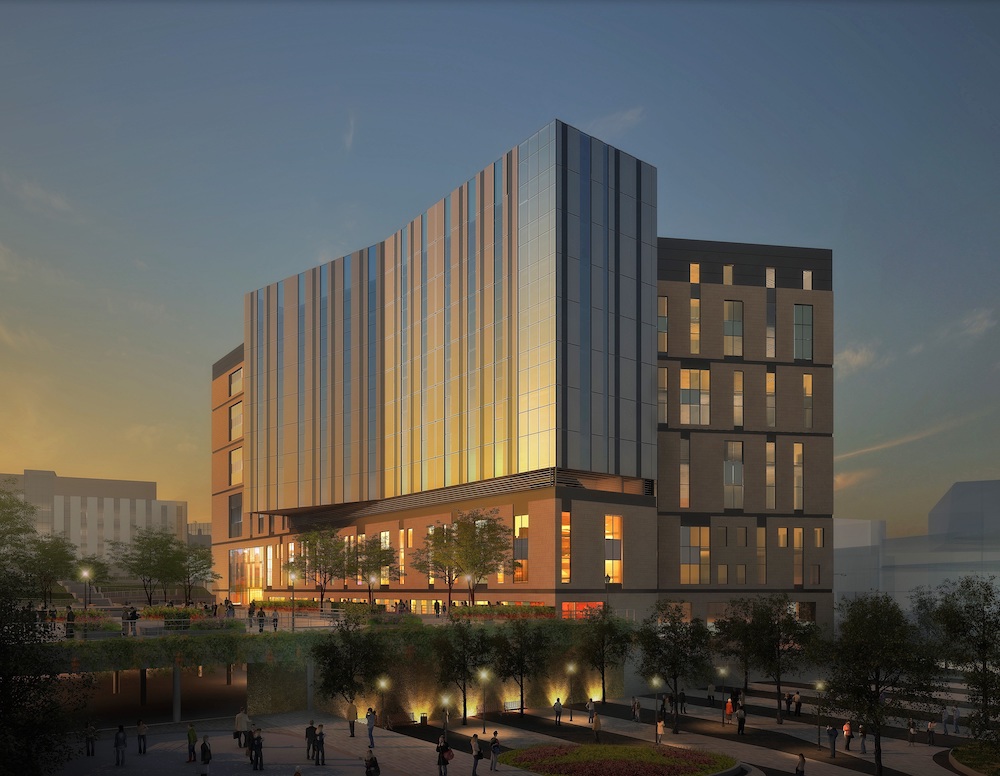
Professor Louise Kenny, Executive Pro-Vice-Chancellor for the Faculty of Health and Life Sciences at the University of Liverpool said:
“Since its founding in 1834, the University of Liverpool’s Medical School has been at the forefront of medical practice and associated with numerous leading medical alumni, including three Nobel Laureates. We have a rich heritage of working closely with hospitals across the region to train health professionals who go on to make a vital contribution to society.
“The new Liverpool Academic Health Sciences Campus is a really exciting opportunity to build on this work, providing new interprofessional learning experiences to enhance students’ clinical understanding and professional development within the context of a clinical team. New mock wards and mock patient homes, together with virtual reality-assisted learning and other state-of-the-art facilities and IT, would provide an authentic clinical and digital learning teaching environment for larger numbers of students, alongside a-state-of-the-art clinical research environment which would help us respond to future challenges.
“Our region has some profound health inequalities, and we remain absolutely committed to playing our part in addressing these. Increasing our capacity to train healthcare professionals and retain them here after training, something that the University has a strong record in doing, is a key part of our work in this area.”
James Sumner, Chief Executive of Liverpool University Hospitals NHS Foundation Trust, said:
“The agreement between LUHFT and the University of Liverpool is an incredibly exciting opportunity for the city of Liverpool.
“A new clinical skills and health education facility would significantly improve and modernise the quality of health education for the next generation of health care workers across multiple professions, including medicine, dentistry, nursing and the allied health professions. It offers opportunities for collaboration and partnership in clinical research and innovation for the benefit of the NHS across the region, which is essential for improving the care and treatment we deliver whilst also helping to tackle challenges, such as the health inequalities within the Liverpool City Region.
“It would also be an important investment in the redevelopment of a key city centre location, sitting alongside two of the newest hospitals in the country and in the heart of the Knowledge Quarter, all of which serves to benefit the people of Liverpool and beyond. We are committed to working with University of Liverpool to help support making this new facility a reality in the coming years.”


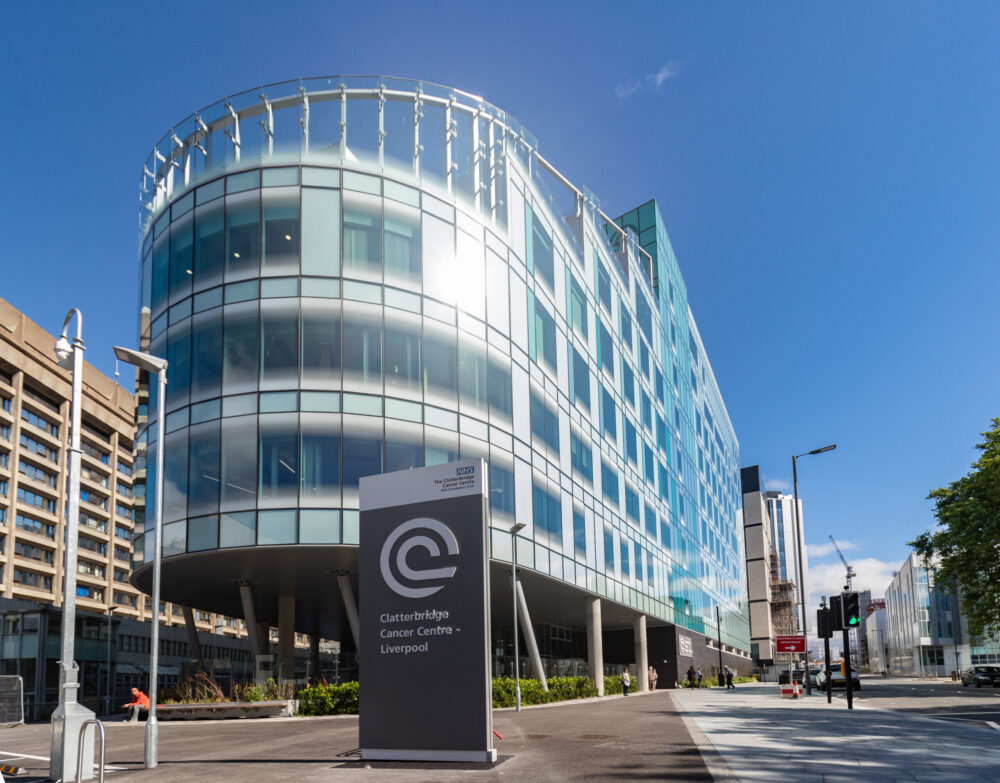
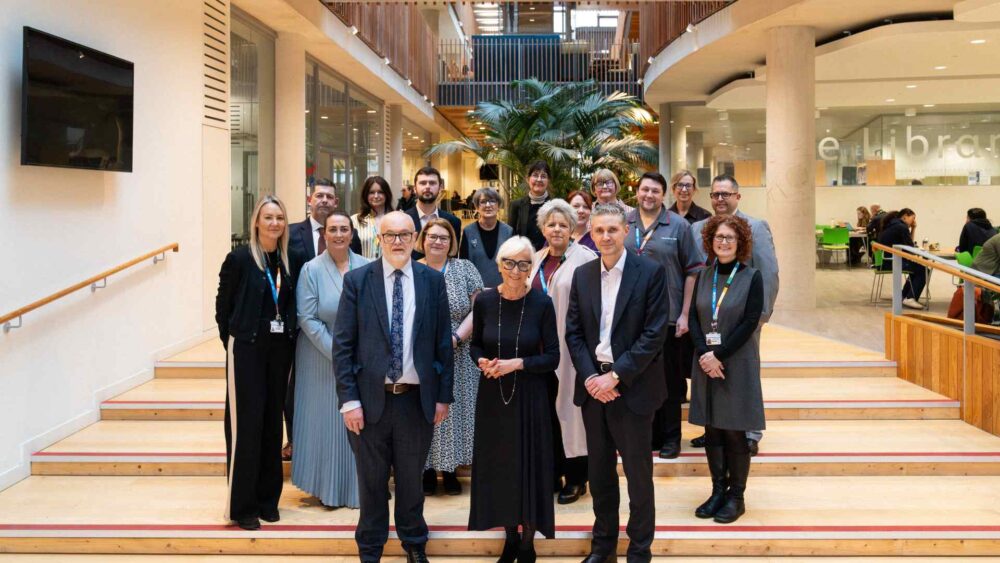
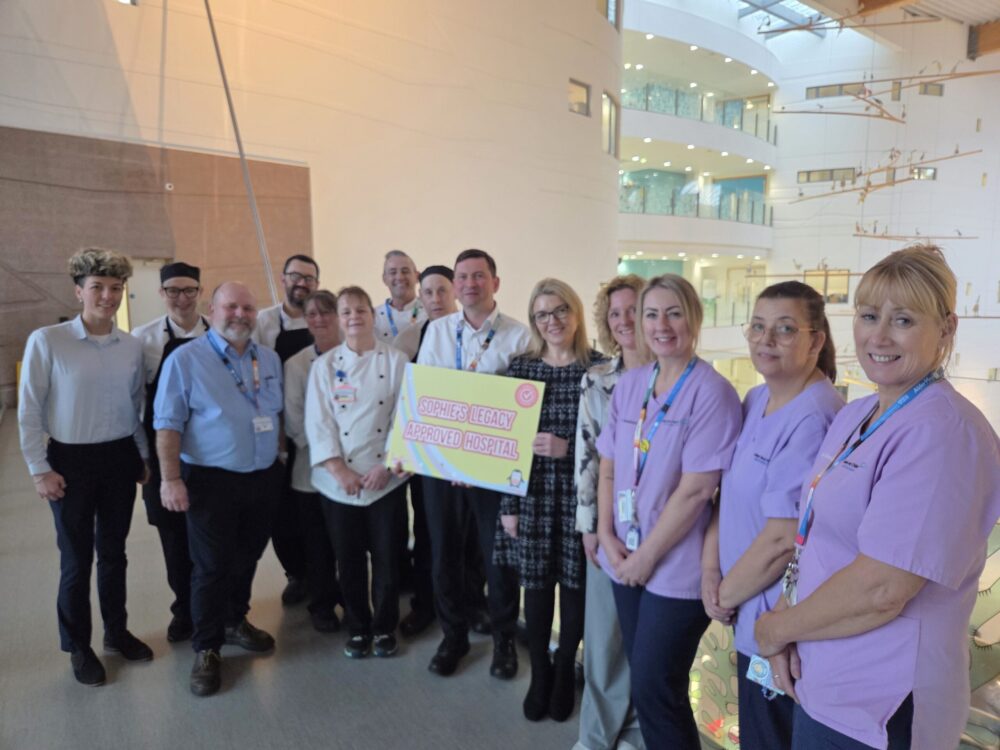


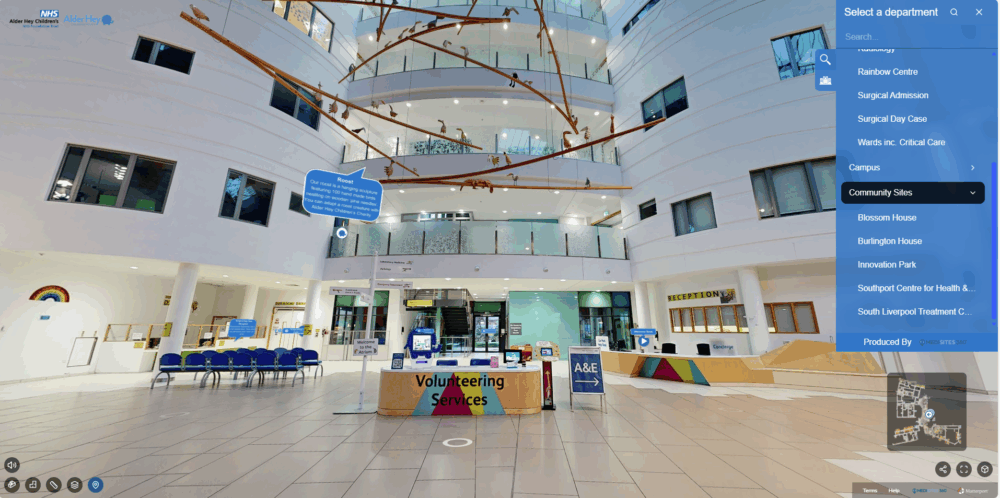

 Subscribe
Subscribe Follow Us
Follow Us Follow Us
Follow Us Follow Us
Follow Us Follow Us
Follow Us Follow Us
Follow Us











